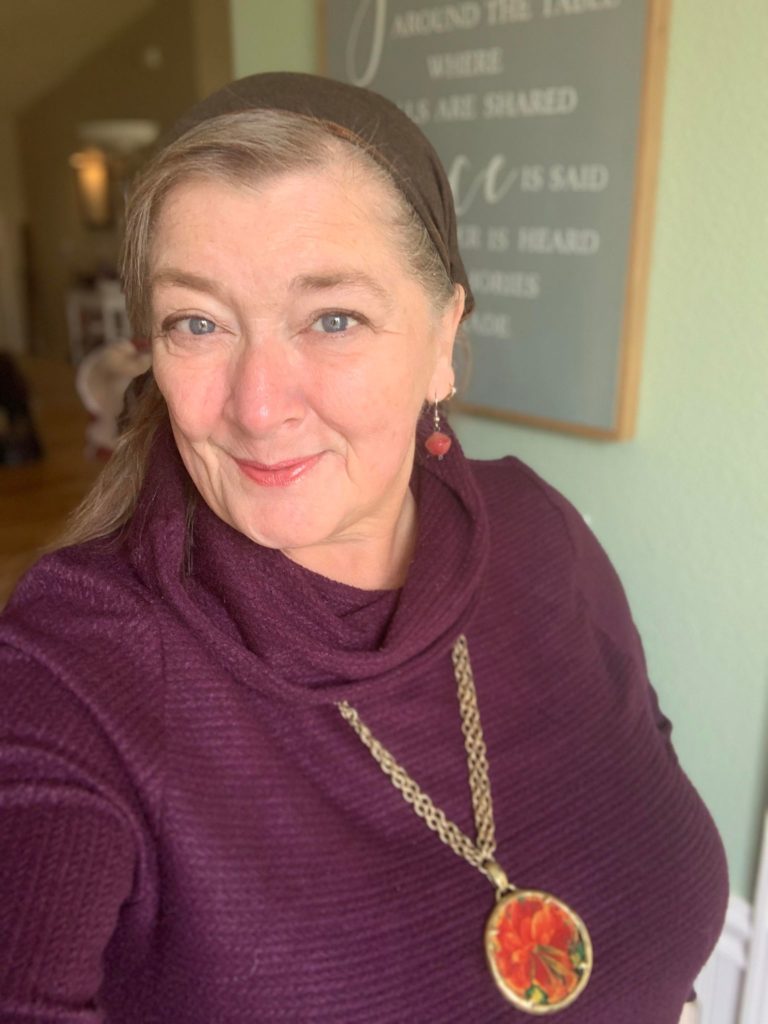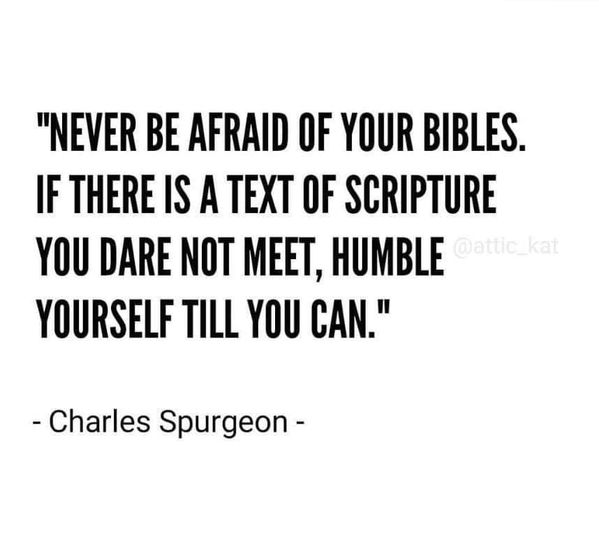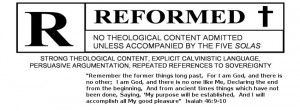I just finished "Things We Couldn't Say" by Diet Eman, published in 1999.
The book, "Things We Couldn't Say" is simultaneously hopeful and fearful; the author can lament the situation while resting in the love of God.
Diet Eman and her fiance, Hein Sietsma, watched from the beginning on Nazi occupation in the Netherlands, wondering, "what is starting here?" to "what can we do?" to "what *SHOULD* we do?"
Diet Eman is in the company of Corrie Ten Boom - in fact, at one point they were in the same prison camp. If anything, Eman was more involved in the Resistance Network than Ten Boom was.
Why did she do what she did?
As a Reformed Christian, Eman's philosophy of the resistance was based in her faith in God and that faith spurred her into action. At her most exhausted and in her moments of deepest fear, it was God that carried her.
She wrote:
When I opened the book [the Bible] that night at the end of February 1945, it said, "Being exhausted, yet keeping up the pursuit" (Judges 8:4). Even after what I had said of wanting out, even after that humiliation, the physical exhaustion, the deep despair I felt, those words were my new marching orders. The next morning, I swung my rucksack over my shoulders and was off again.
Most authors put the "why I wrote this book" at the beginning.
The author puts her reasons for writing in the postscript - she wanted to forget. When Corrie Ten Boom come to the town Eman was living in (Grand Rapids, MI) Eman began being convicted that
...every time I opened the Bible something like "Tell the great things I have done" stared me in the face. Then a pastor who knew that I had been in the same prison as Corrie asked me to speak to his church. I wanted to scream, "No, I want to forget," but I didn't dare. So I went, but it was very difficult. (Diet Eman;James Schaap. Things We Couldn't Say (Kindle Locations 3502-3504). Kindle Edition.)
Friends and family began to encourage her to write her story as a sort of therapy. She needed to write and the world needed to know.
All those years between WWII and when she told the story, she kept her diaries and letters and those of her fiance, Hein. She shares those notes and fills in the blanks with her memories.
We read along as Diet goes from an innocent child, to a young woman in love with a young man, and then she becomes a confused Dutch woman unsure of what to do in the face of an invading force and then she launches into the Resistance.
Diet spent months in a Nazi prison camp, where she wrote:
And also, I forget to see that this all happens with God's permission. I keep on staring at the injustice which our country and people are suffering, but I forget that you bring your trials on this earth because you deem this necessary, otherwise it would not have happened. (location 412)
Why does it matter?
As I write this review, I'm listening to the radio. I am writing with the memory of last Wednesday, when a mob of people stormed the Capital Building. The President has been banned from a couple of social media platforms and an entire social media network (Parler) has been removed from app stores and has had their website taken down by their ISP. Senator Ronis in "facebook jail" for unknown reasons.
Reports of people who were merely present at the protest - on the fringes, *NOT* part of the mob who stormed the gates - being turned in by grandchildren and getting fired from their jobs. For peaceful assembly!
Diet wrote:
What will this year bring us? Peace? Liberty? Reunion? Lord, you know it already! This time last year, when we were all together, we would never have thought that all this would happen! But you knew it. And we still have to give you thanks, for in some way this is necessary for the big plan you have for this world.
The Biden Administration is about to begin. I watch who is being "cancelled", who is being fired, and who is being silenced.
My husband posted:"When you tear out a man's tongue, you are not proving him a liar. You're only telling the world that you fear what he might say."- George R.R. Martin
This book is a "must read"
The book has a tragic story, but the way that's it's written catches at the heart. Going back and forth from Hein to Diet, reading their diaries and letters, one can see how each person reacts to an event (the queen of the Netherlands escaping to England)
Reading the book, while watching our own current events unfold is unsettling.
Read it...think on it...and (I think) be prepared to ponder where your own "line in the sand" will be.





 "I'm not going back" is a refrain at our house, and we have reasons...we usually make up a number (reason #848) but I just lost count.
"I'm not going back" is a refrain at our house, and we have reasons...we usually make up a number (reason #848) but I just lost count.